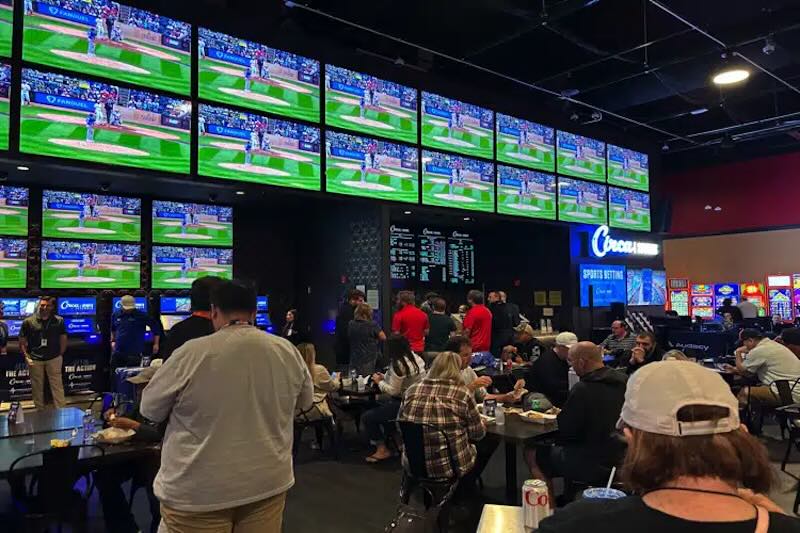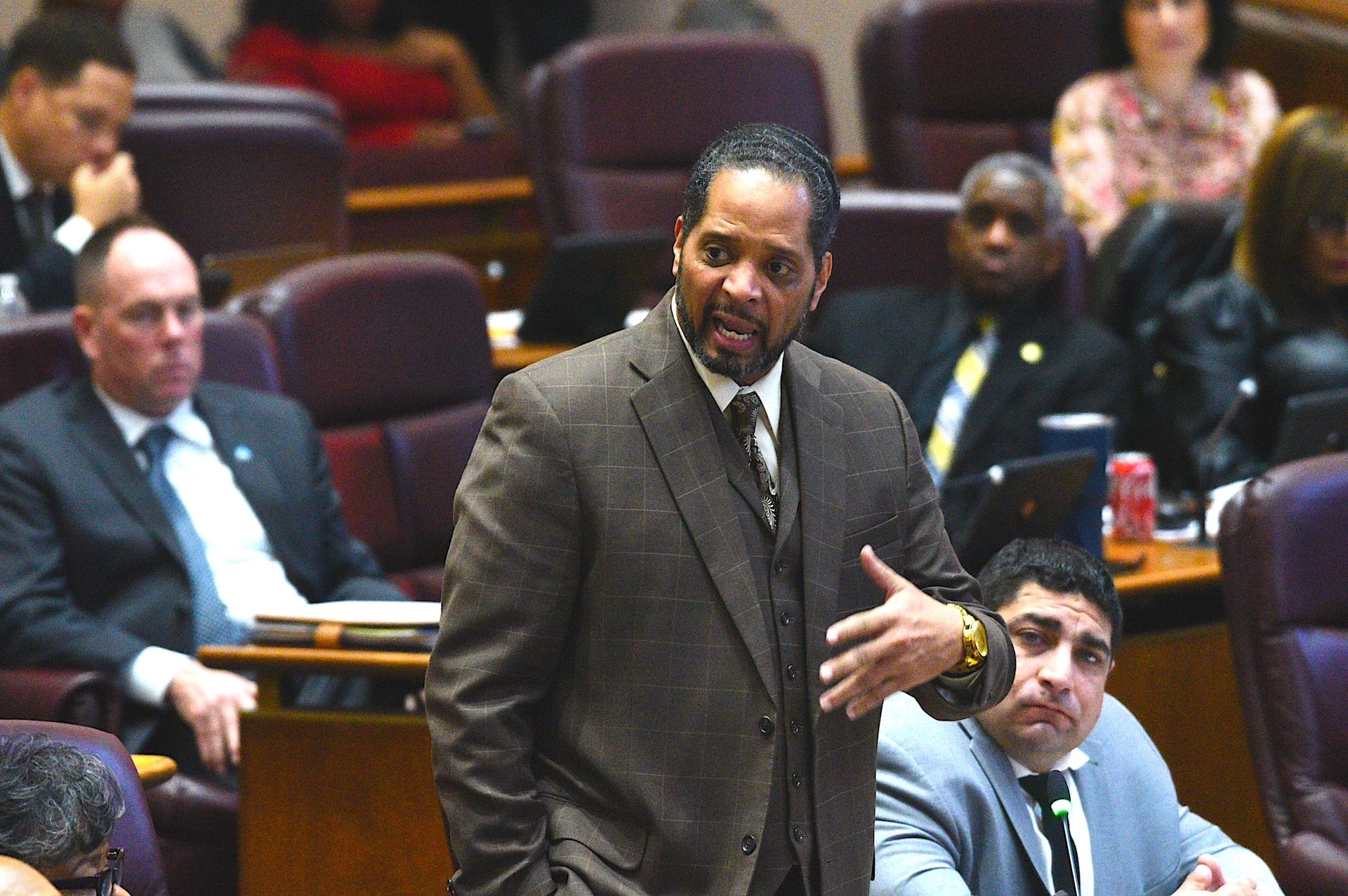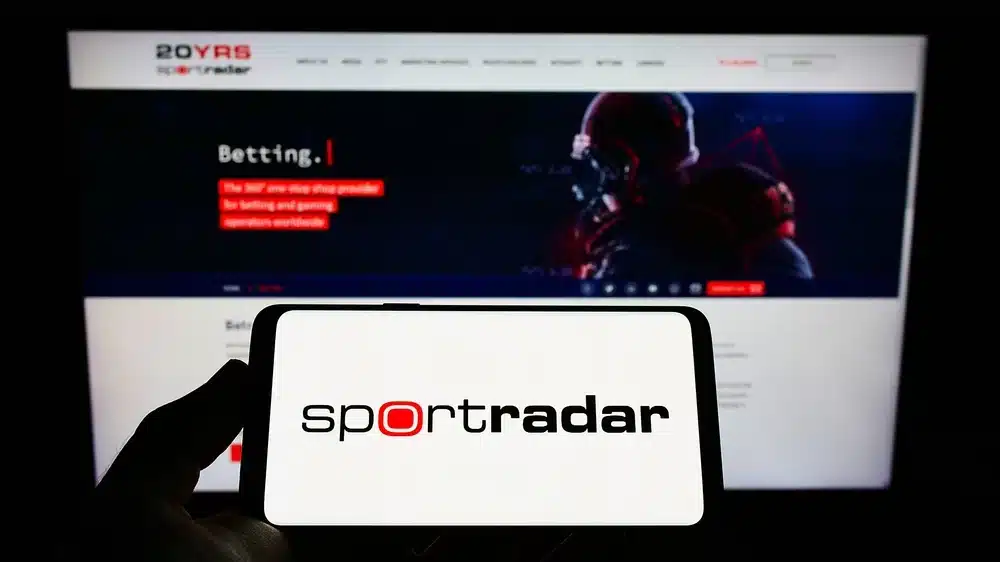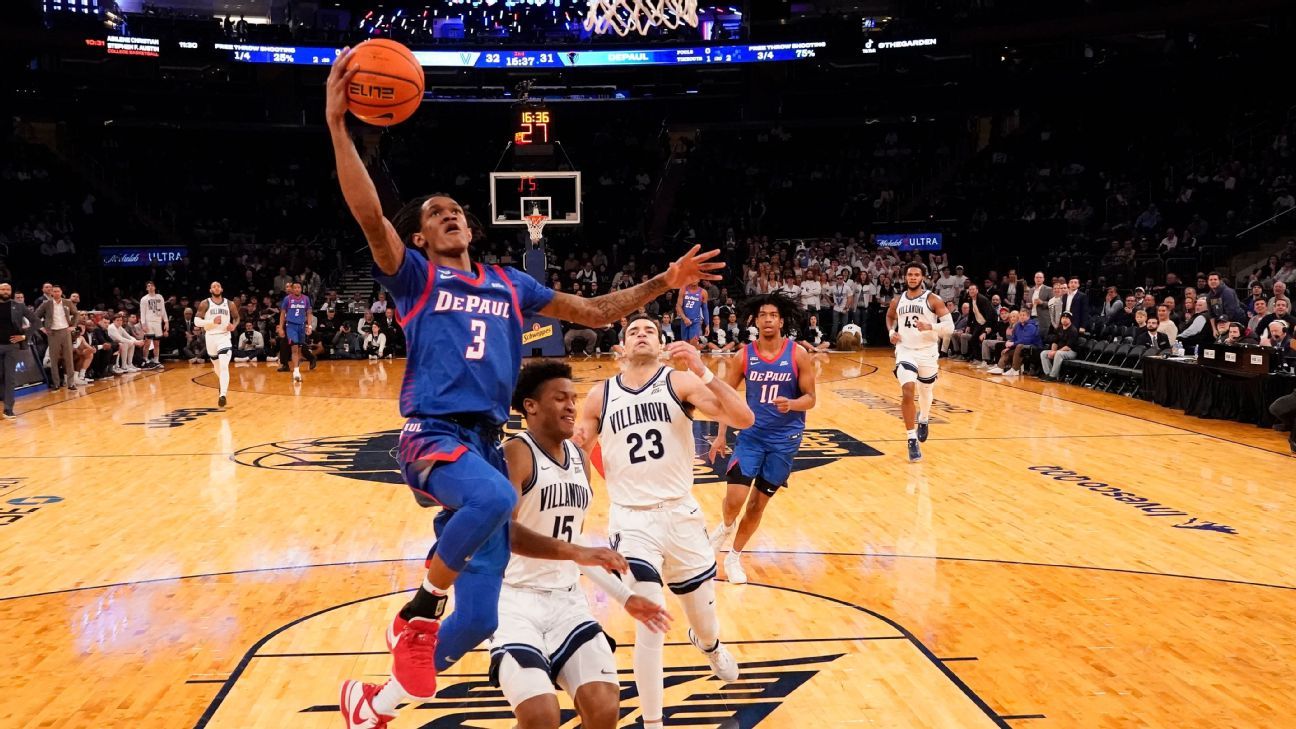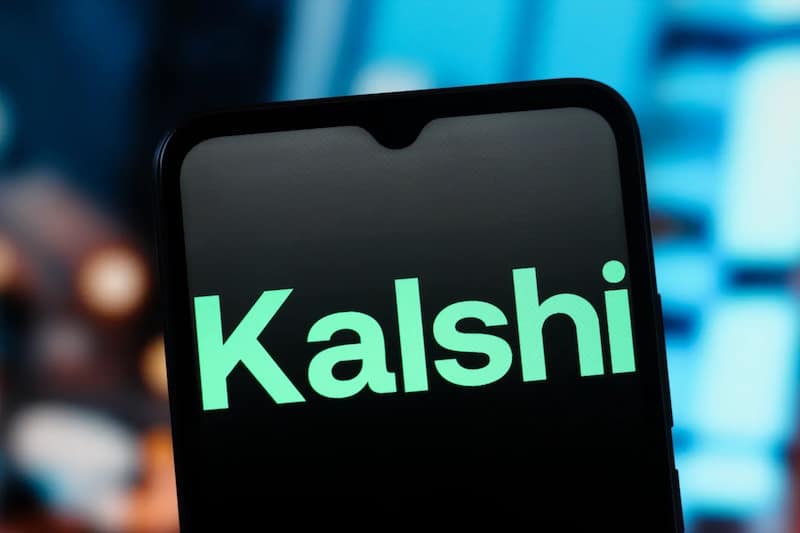
Louisiana: Legislators aim to collect taxes from unregulated iGaming market

The market brings in an estimated $4.6bn in untaxed annual revenue.
Key Points
- Online gaming is legal in seven states but not yet in Louisiana
- More states have considered welcoming online gaming
Lawmakers in Louisiana are weighing the potential tax and financial benefits of allowing iGaming within its borders, according to a WAFB local news report.
Specifically, legislators are looking to see how the state can collect funds from iGaming platforms like Stake, which has partnered with celebrities.
Representative Mike Echols is among the state lawmakers who would like to see the state collect tax revenue from the unregulated market.
He commented to local news, “They’re predatorially coming after our constituents and allowing them to gamble online. I don’t think our issue is with our constituents doing something it is with these vendors.
”If we consider iGaming, it has to be linked to those land-based facilities because they’ve actually made a physical deposit in Louisiana.”
Currently, platforms like this are not regulated in Louisiana, according to the local report. Howard Glaser of Light and Wonder Gaming told local news that “the current industry puts consumers at risk.”
He explained further by saying, “You can pay for some of this with a MasterCard or a visa. You did not approve this, but it is happening and is happening throughout the state.”
Throughout the past several months, online gaming has remained a topic of controversy in several states and throughout the country at large.
Since the Supreme Court overturned PASPA nearly seven years ago, legal sports betting has rapidly spread throughout the country.
Along with the District of Columbia, sports wagering is legal in 38 states. However, the legal online gaming market has not experienced the same explosive expansion as sports betting.
To date, online gaming is legal in some form in seven US states, although some of those have limited access, such as online poker only.
States with legal iGaming access include Pennsylvania, Delaware, Nevada, New Jersey, Rhode Island, West Virginia and Connecticut.
Tags/Keywords
Players trust our reporting due to our commitment to unbiased and professional evaluations of the iGaming sector. We track hundreds of platforms and industry updates daily to ensure our news feed and leaderboards reflect the most recent market shifts. With nearly two decades of experience within iGaming, our team provides a wealth of expert knowledge. This long-standing expertise enables us to deliver thorough, reliable news and guidance to our readers.

